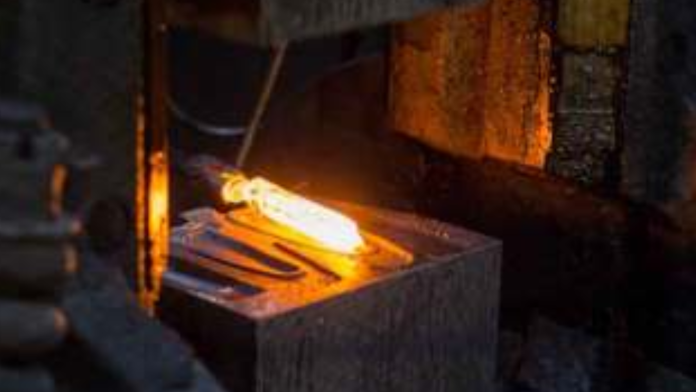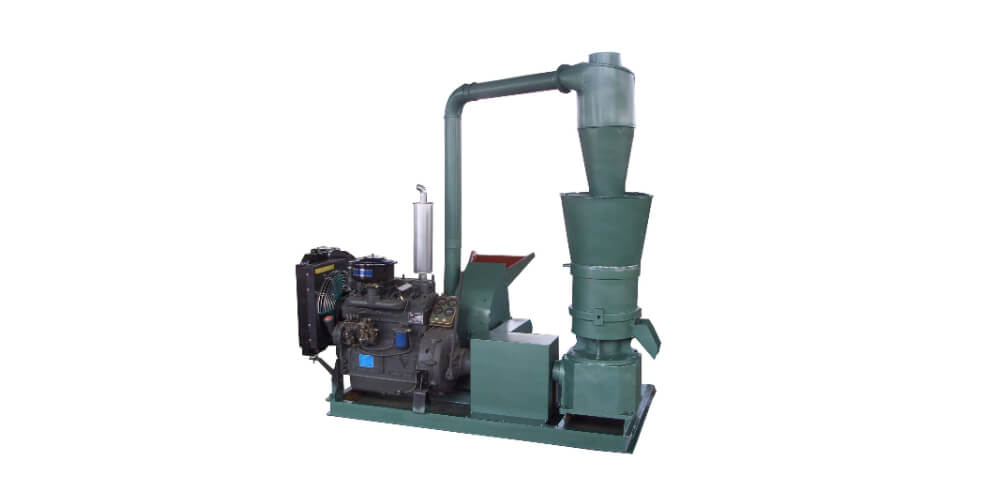A precise manufacturing process produces forged aluminum, a material with exceptional strength. Aluminum is first produced by heating it to a malleable state in the form of raw billets or ingots. The metal’s internal grain structure is then refined by subjecting it to controlled compression through the forging process.
This alignment of the grain structure in the material improves strength, toughness, and fatigue resistance. Because forged aluminum has a higher strength-to-weight ratio than other materials, it is the perfect choice for applications requiring strong but lightweight materials. It is widely used in high-performance automotive, aerospace, and sports equipment components. You have to go url to learn more about it.
The Positive Aspects of Constructing with Forged Aluminum
Since forged aluminum has unique qualities and characteristics, it has several advantages in construction. Here are a few main benefits:
Lightweight but Sturdy:
Forged aluminum is notable for having an excellent strength-to-weight ratio. Forged aluminum is a very strong and lightweight material, making it perfect for construction use. Because the components are lighter, they are easier to handle, transport, and install, improving construction efficiency and lowering project costs.
Corrosion Resistance:
Because of its exceptional corrosion resistance, forged aluminum is an excellent material option for various construction projects. Aluminum forms a natural oxide layer that is a protective barrier, unlike other metals that can corrode and deteriorate over time when exposed to moisture and other corrosive elements. Because of its innate resistance to corrosion, buildings are guaranteed to last longer, requiring less maintenance and lasting longer overall.
High Thermal Conductivity:
Forged aluminum is preferred for construction in areas with significant temperature variations due to its high thermal conductivity. Aluminum-built structures effectively disperse and dissipate heat, improving energy efficiency. This property is beneficial in the design and construction of energy-efficient buildings, where temperature regulation is essential for occupant comfort and lower energy consumption.
Design Flexibility:
The malleability and formability of forged aluminum give architects and builders many design options. The material is easily shaped into intricate shapes, enabling creative and beautiful designs. Construction experts can design structures that satisfy functional requirements and push the envelope in terms of architectural creativity thanks to this design flexibility.
Sustainable and Recyclable:
Using forged aluminum aligns with environmentally responsible methods as sustainability takes center stage in the building industry. Aluminum is a very sustainable material since it can be recycled 100% of the time without losing its original qualities. Construction projects have a much smaller environmental impact because recycling uses a fraction of the energy required to produce aluminum from raw materials. Recycled aluminum is incorporated into construction projects to reduce waste and support a circular economy.
Low Maintenance Requirements:
Because forged aluminum resists rust, corrosion, and degradation, it requires less maintenance when used to build structures. Forged aluminum buildings are more resilient to the elements than traditional ones, which may need regular maintenance such as inspections, repairs, or replacements. In addition to lowering operating expenses, this low-maintenance feature improves building projects’ general effectiveness and sustainability.
Fire Resistance:
The intrinsic fire resistance of aluminum gives constructed buildings additional security. Aluminum has a high melting point, guaranteeing that it maintains its structural integrity longer than certain other materials and does not burn in a fire. Fire resistance can be extremely important to improve building safety standards and give residents more time to flee in an emergency.
Final Thought
As forged aluminum offers a harmonious balance of strength, sustainability, and design flexibility, it represents a paradigm shift in the construction industry. Forged aluminum’s strength, resilience to corrosion, and ability to be recycled enhance building efficiency while also paving the way for a more inventive and sustainable future in the always-changing fields of architecture and building design.






